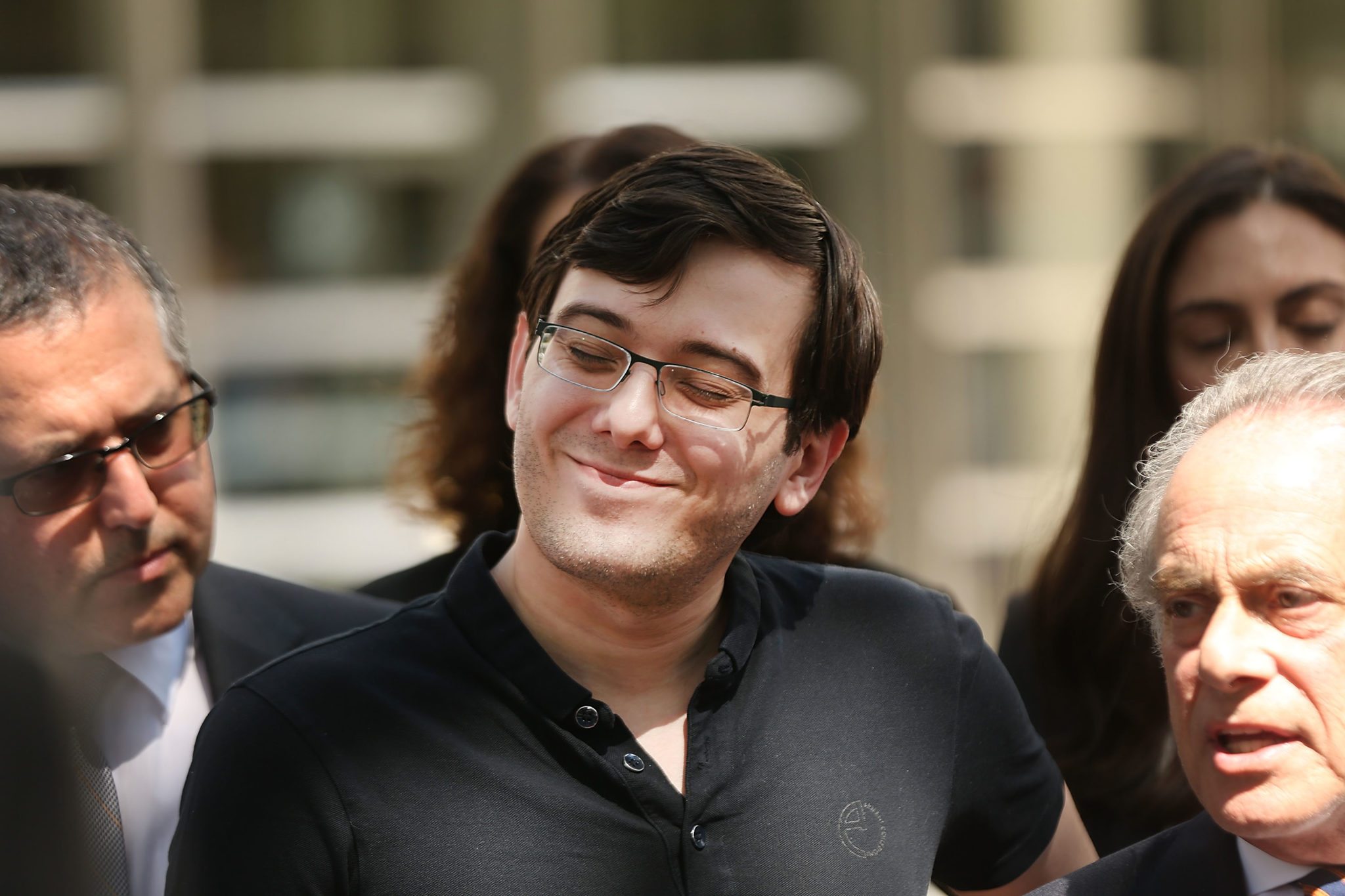
Jury finds Martin Shkreli guilty on 3 counts of securities fraud — and he's 'delighted'
A jury has found Martin Shkreli guilty on three of the 8 felony fraud charges he faced, putting the young biotech executive in front of a prison sentence that could run for years.
After 5 full days of deliberations, the jury concluded that Shkreli was guilty of two of the securities fraud changes and one count of conspiracy to commit fraud.
#ShkreliTrial verdict: guilty on 3 counts, not guilty on 5 pic.twitter.com/JroCuyg9zD
— Meg Tirrell (@megtirrell) August 4, 2017
Ever unrepentant, Shkreli will not be throwing himself on the mercy of the court. Never one to shy away from self-congratulations, Shkreli emerged from the courthouse and declared a resounding victory.
Unlock this article instantly by becoming a free subscriber.
You’ll get access to free articles each month, plus you can customize what newsletters get delivered to your inbox each week, including breaking news.